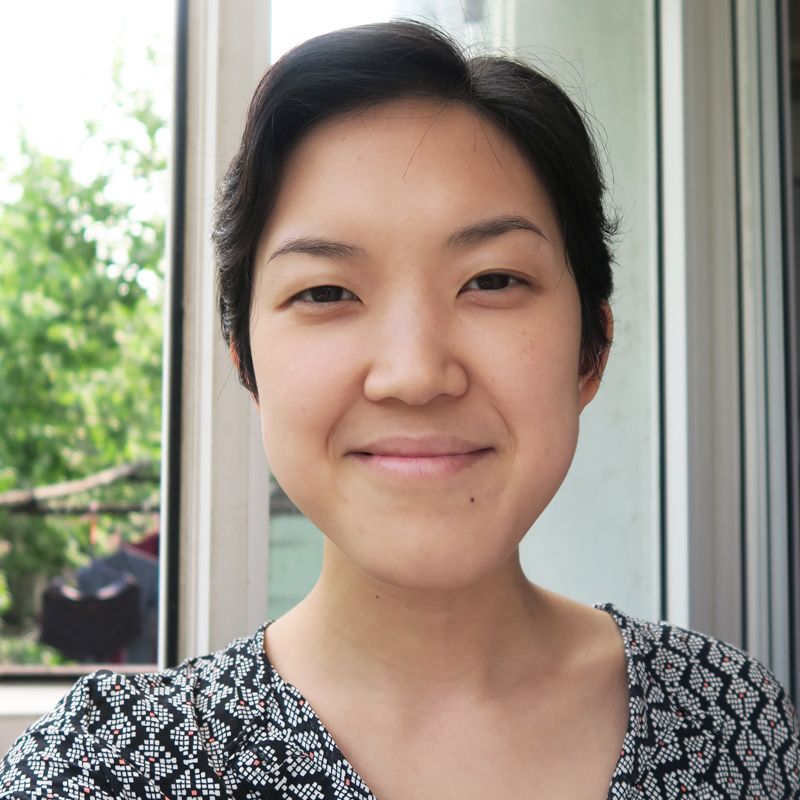The Wechat World Conference 2018 with Eva Xiao

Eva Xiao, China reporter from Tech In Asia joined us in a two part conversation on the most important events that is rocking the China technology landscape. In the first part of our conversation, we discussed the recent WeChat World Conference 2018 and its impact to the ecosystem. We covered the key announcements made during the conversation, the important messaging from Allen Zhang, the WeChat founder, and how mini-programs and mini-games will change the dynamics of the WeChat ecosystem from online to offline in China.
Here are the interesting show notes and links to the discussion (with time-stamps included):
- Eva Xiao, China Reporter in Tech In Asia (@evawxiao, LinkedIn, Wechat: evawxiao, Tech in Asia) [0:38]
- What have you been up to since our last conversation? [1:15]
- Bytedance AI conference in Beijing
- Trip back to the US
- WeChat conference
- What have you been up to since our last conversation? [1:15]
- WeChat World Conference 2018 (CGTN coverage) [2:21]
- What are the key announcements in this event for Wechat? [2:40]
- Few announcements: 1) launching new official accounts app, 2) more upcoming features for content creators.
- Talks either focused on specific business case studies or Wechat’s values (decentralization, user privacy, partnerships)
- WeChat is not just a product anymore – it is a brand
- Emphasis on retail, payments, advertising, and mini games
- The offline retail market is very important to WeChat (related to WeChat Pay vs. Alipay)
- Tencent’s power in gaming distribution that will impact Wechat’s mini-games [6:20]
- Perspectives on mini-programs and mini-games enabling AR for Wechat in the near future, given its core advantage with QR codes and location based features. [7:37]
- Tencent’s focus on offline retail [8:27]
- What are the major statistics on Wechat that Tencent have shared in this event? [10:00]
- 170m daily active users (DAUs) for WeChat mini programs
- 580,000 mini programs total
- 1m+ miniprogram developers (both individual and corporate)
- Will mini-programs compete with Meituan Dianping in the process? [11:14]
- We don’t usually hear a lot from Allen Zhang, the founder of Wechat, what are his key messages in where Wechat will go this year? [13:20]
- WeChat as a decentralized platform, open to third-party game developers, services, brands, etc.
- Emphasis on respecting user privacy (following the controversy around WeChat storing chat messages)
- Continued emphasis on WeChat mini programs (more so than official accounts)
- Specifically for mini-programs which have a slow start in early 2017 but the surge came in end 2017, what are the interesting developments there? [15:31]
- Improvements in search, discovery
- Boosting marketing, sales functionalities, connecting MPs with official accounts more seamlessly
- UX improvements to make MPs more visible
- Mini games
- Specifically for gaming, given it’s Tencent’s third revenue stream after messaging and payments, how is Wechat integrating gaming to boost Tencent’s gaming business? [17:11]
- Tencent and game developers will share advertising revenue from mini games
- Another gaming distribution channel that Tencent controls
- Can funnel users from WeChat to Tencent games outside of the app, like Honor of Kings/King of Glory – users can get a team together in WeChat (chat groups, social), and then initiate a Honor of Kings game
- Mini games cannot be uninstalled or removed, since they are mini programs.
- What are the key announcements in this event for Wechat? [2:40]
Podcast Information:
- Feed
- iTunes
- Libsyn
- Google Play
- TuneIn
- Overcast FM
- SoundCloud
- Google+
- Stitcher
- Acast
The show is hosted by Bernard Leong (@bernardleong & weibo) and are sponsored by Ideal Workspace (Twitter, Facebook and LinkedIn) with their new Altizen Desk on Indiegogo (Twitter, Facebook, Medium). Also check out Ideal Workspace’s new standing desk, Altizen and sign up for their mailing list. Sound credits for the intro music: Taro Iwashiro, “The Beginning” from Red Cliff Soundtrack.



